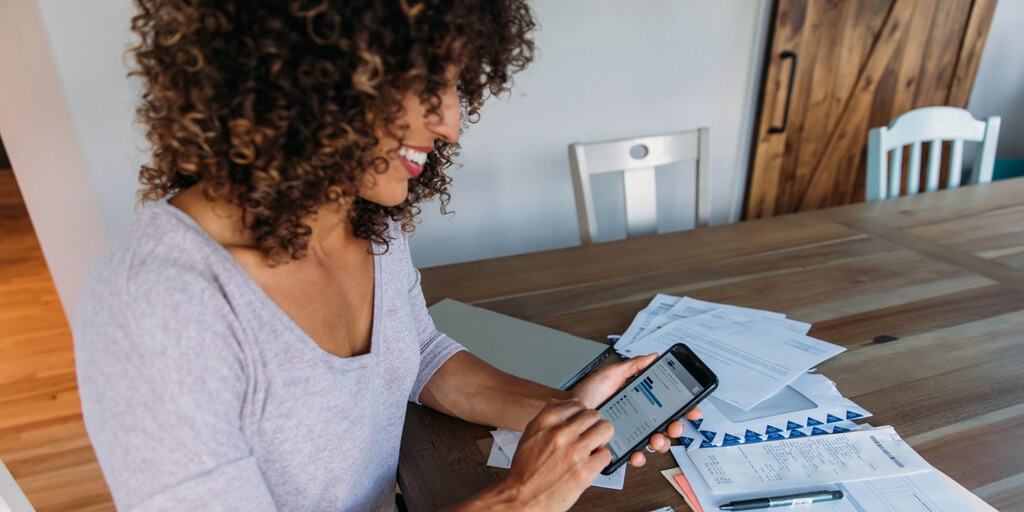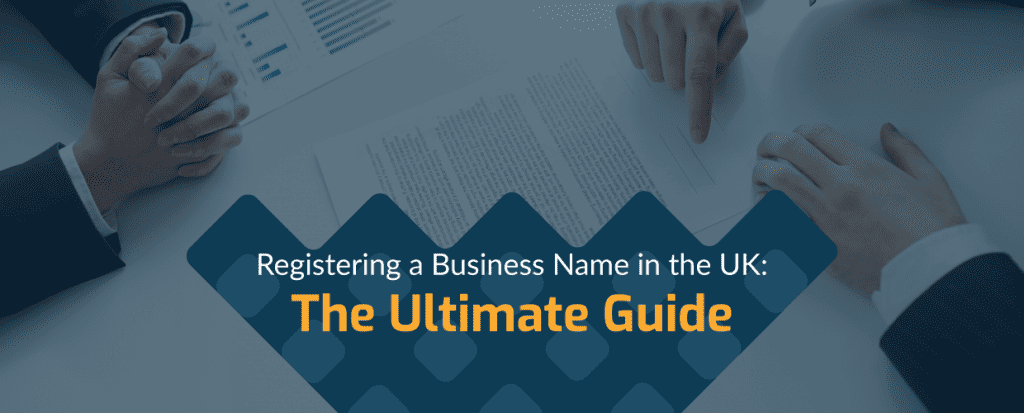Do you need to purchase consumables along with the equipment and how is this covered by your payments?
Check the age and authenticity of the equipment, ask for evidence in writing.
Even if you have no intention of buying find out what the market value of the piece is.
What maintenance and servicing are included in the deal? Does it include spare parts? Make sure you’re clear on the costs of these and they are stated separately on the contract.
Check the process if you get faulty equipment or it breaks down completely.
What are the possibilities for the structure of the payments, example a balloon payment at the end of the contract?
Be very specific with the requirements of the equipment you need and what kind of contract would work best for you. Get at least 4 quotes from different companies, 2 larger more well-known places and 2 lesser or local leasers. Know the market value of the equipment, new and second-hand and use this to evaluate the quotes given.




